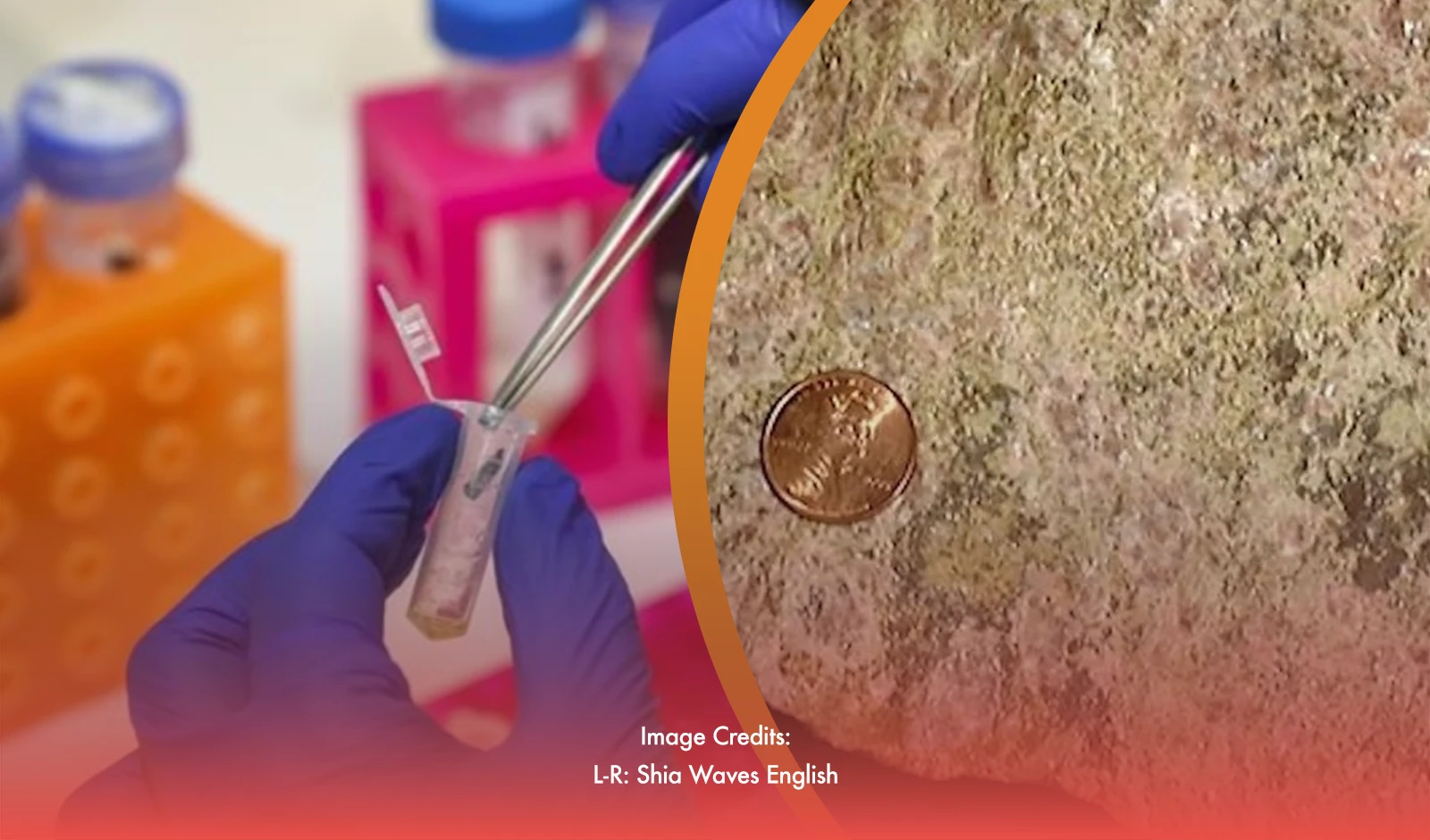According to the University of South China's press department, Chinese scientists have effectively recovered high-purity lead-212 and bismuth-212 nuclides from rare earth minerals.
These nuclides are well-known for their potential in targeted alpha-nuclide therapy (TAT), a promising treatment for a number of tumors, including prostate, pancreatic, and breast cancer.
How do they make it possible?
According to the paper, a "silica-supported anion exchange resin," a unique adsorbent material, is used in this method.
The research team created and verified a low-cost, effective technique for separating the nuclides bismuth-212 and lead-212 in a halide medium.
The technique has major benefits in isolating short-lived nuclides since it can attain adsorption speeds more than six times faster than conventional resins.
The extremely limited supply of targeted alpha-nuclide therapy is anticipated to be significantly addressed by the extraction of lead-212 and bismuth-212 nuclides from natural thorium.
More discoveries ahead
Wei Yuezhou, a professor in charge of the research team, stated that in addition to lead-212 and bismuth-212, the team is also attempting to extract radium-228, thorium-228, and radium-224 nuclides.
These research discoveries have already been published in a number of prestigious international journals, and the team has applied for a national invention patent for them.








